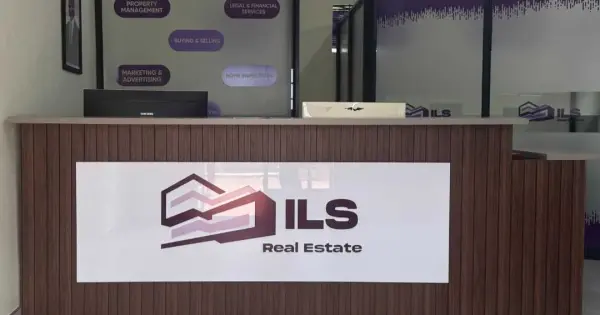Zimbabwe's urban population continues to grapple with a severe shortage of affordable housing options, leading to a significant portion of the population living in rented accommodation. A recent report by the Zimbabwe Vulnerability Assessment Committee (ZimVac) revealed that nearly half of the urban population relies on renting as an economic survival strategy, primarily due to the inability to afford their own homes. While this poses challenges for renters, it also presents opportunities for those involved in the rental business, such as landlords or individuals within the rental ecosystem. In this article, we will explore the implications of this rental trend and discuss steps one needs to consider to thrive in the rental business.
The Rental Landscape in Urban Zimbabwe
According to the ZimVac report, 50% of urban households in Zimbabwe are tenants or lodgers, while 8% reside in tied accommodations provided by employers. This highlights the significance of rented accommodation as a vital housing solution for a considerable portion of the population. Masvingo emerges as the city with the highest proportion of households living as tenants or lodgers, followed by other major urban centres such as Bulawayo, Manicaland, and Mashonaland provinces. Harare, although relatively lower in percentage, still exhibits a substantial number of renters at 43.4%.
Challenges Faced by Renters
For those living in rented accommodation, there are several challenges that they encounter. The foremost concern is the lack of long-term stability and uncertainty associated with renting. Renters are subject to periodic rent increases and the possibility of eviction, making it difficult to establish a sense of permanence and security. Additionally, the inability to build equity through homeownership puts renters at a disadvantage in terms of long-term financial planning. Despite these challenges, the rental market presents opportunities for landlords and individuals interested in venturing into the rental business.
Opportunities in the Rental Business
Becoming a Landlord- Investing in rental properties can provide a steady stream of income and long-term financial stability. By acquiring properties in strategic locations with high rental demand, landlords can capitalize on the growing need for affordable housing. However, it is crucial for landlords to adhere to legal requirements, maintain properties in good condition, and provide fair and transparent rental agreements.
Property Management- With the increasing demand for rental properties, the need for professional property management services is also on the rise. Property management companies can assist landlords in overseeing day-to-day operations, such as tenant screening, rent collection, property maintenance, and legal compliance. This presents an opportunity for individuals with organizational and interpersonal skills to enter the rental business indirectly.
Real Estate Investment- Investing in real estate investment trusts (REITs) or participating in crowdfunding platforms focused on rental properties can be an alternative for those who wish to invest in the rental market without directly owning properties. This allows individuals to benefit from rental income and property appreciation while diversifying their investment portfolios.
Steps for Success in the Rental Business
Market Research and Analysis- Conduct thorough market research to identify areas with high rental demand and favourable rental yields. Analyze rental trends, vacancy rates, and local economic indicators to make informed investment decisions.
Financial Planning and Budgeting- Develop a comprehensive financial plan that considers property acquisition costs, ongoing expenses (such as maintenance, insurance, and taxes), and potential rental income. Create a budget to ensure that cash flow remains positive and sustainable.
Property Acquisition and Management- Carefully select properties based on location, amenities, and market demand. Conduct regular property inspections, respond promptly to tenant concerns, and maintain open lines of communication. Advertise vacant units effectively to attract suitable tenants.
Legal Compliance- Familiarize yourself with landlord-tenant laws and regulations to ensure compliance and protect the rights of both landlords and tenants. Draft clear and fair rental agreements that outline the rights and responsibilities of all parties involved.
While the prevalence of rented accommodation in urban Zimbabwe poses challenges for renters, it simultaneously presents opportunities for individuals involved in the rental business. By carefully navigating the rental landscape, landlords, property managers, and real estate investors can contribute to addressing the housing shortage while achieving financial success. Success in the rental business requires thorough market research, strategic planning, financial diligence, and a commitment to providing quality housing options. As the demand for affordable housing continues to grow, those involved in the rental ecosystem can play a crucial role in meeting this pressing need while ensuring sustainable business ventures.




